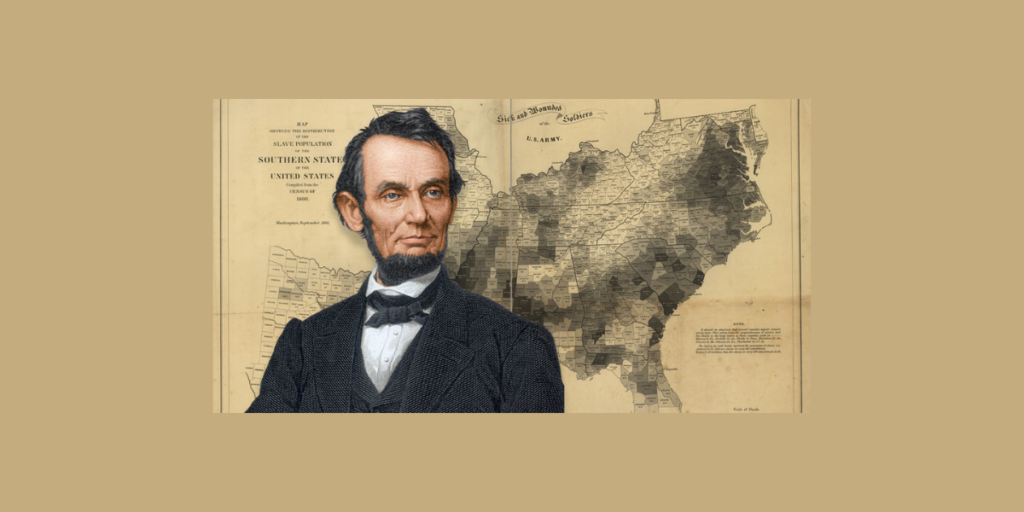
It’s Time for Pro-Lifers to scrap their losing Electoral Strategy and adopt The Lincoln Method
From THE FEDERALIST, the week after the election (November 13, 2023)
With Tuesday’s relatively easy passage of an Ohio constitutional amendment that effectively bars that state’s legislature from regulating abortion in the state, abortion advocates are now convinced that they not only have the public on their side but have found political gold. They now view abortion as such a winning issue that they think it can pave the way to enacting a wide range of other leftist goals.
They are largely mistaken, as abortion mercifully remains a highly contentious issue in America. Still, abortion advocates will continue to prevail until pro-life leaders and politicians learn the political lessons that have arisen in the aftermath of their puzzling failure to prepare for a post-Roe world.
There are two main lessons to be learned from Ohio — and from other states where abortion advocates have scored recent victories. The first is that, as Abraham Lincoln understood, “public sentiment is everything” in a republic. One must win the argument before one can change the laws (or before one can keep them from changing in the wrong direction). And one cannot win the argument without being willing to make the argument.
The second is that a majority of Americans want limits on abortion, but they don’t want to eliminate it. They don’t want abortion on demand, but even less do they want an outright ban. After a half-century of legalized abortion imposed by activist judges, pro-lifers need to cultivate voters’ trust by emphasizing the need to limit rather than eliminate abortion, while emphasizing that pro-abortion advocates support abortion up until birth.
Lincoln’s own example is instructive. He regarded slavery as “a vast moral evil.” “Slavery is wrong,” he said, and “one cannot say that people have a right to do wrong” — yet he did not try to ban it in the South. He instead fought unflinchingly against its extension into the western territories and states. He fought the battle that could be won, not the one he was sure to lose.
